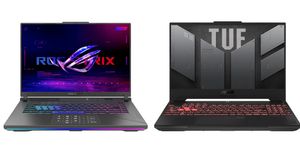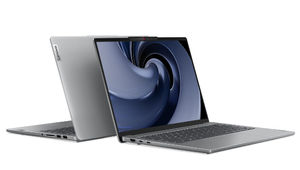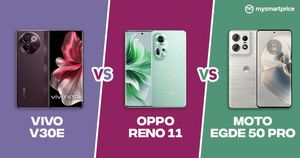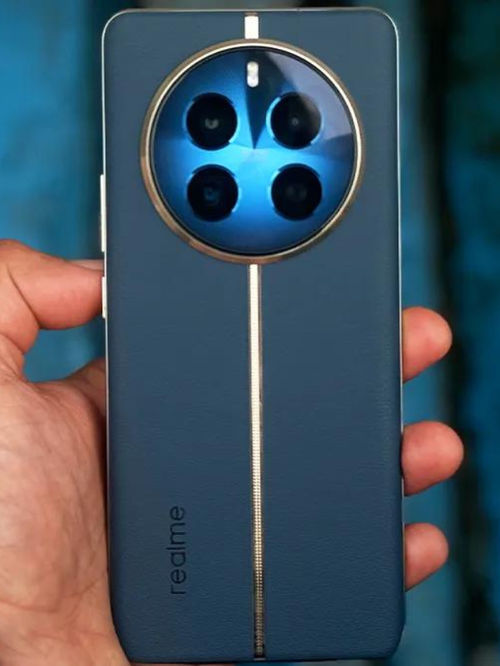
Meta is expanding its Meta Horizon OS to third-party hardware makers like Asus and Lenovo as the tech giant seeks to broaden its influence in the virtual and mixed-reality industry. As the company announced in a new blog post, this opportunity will allow the partners to construct their headsets using Meta Horizon OS. Here are the details.
Meta’s New Foundation For the Metaverse Growth
Meta Horizon OS is tailored for the next generation of computing. Meta has developed technologies like inside-out tracking for standalone headsets. It is also working on high-resolution Passthrough, Scene Understanding and Spatial Anchors for mixed reality. Developers can utilise these technologies to engage their communities and expand their businesses on this OS.
According to the blog post, Horizon OS’s social layer will let people take their identities, avatars, and friends with them in virtual spaces. Consequently, developers can then add social features to their apps. This will connect different platforms so people can spend more time together in virtual worlds on mixed-reality devices.
The Meta Quest Store will be renamed the Meta Horizon Store, and the Meta Quest app will be renamed the Meta Horizon app, serving as the primary app for Meta Horizon OS devices. Companies such as Asus, Lenovo, and Microsoft have already begun work on new devices powered by Meta Horizon OS.
According to the blog post,
- Asus is developing a new gaming performance headset.
- Lenovo is working on mixed reality devices for productivity, learning, and entertainment.
- Xbox and Meta are teaming up again to produce a limited-edition Meta Quest inspired by Xbox.
Meta has also partnered with Qualcomm Technologies, allowing Snapdragon Processors to seamlessly integrate with Meta’s software and hardware stacks, leveraging the benefits of these chipsets and custom software upgrades. Meta has also encouraged the Google Play 2D app store to join Meta Horizon OS, enabling the same economic model.
However, it remains uncertain how many companies, beyond Asus, Lenovo, and Microsoft, will adopt Meta’s Horizon OS. The key question is: Will this market expand significantly?



















